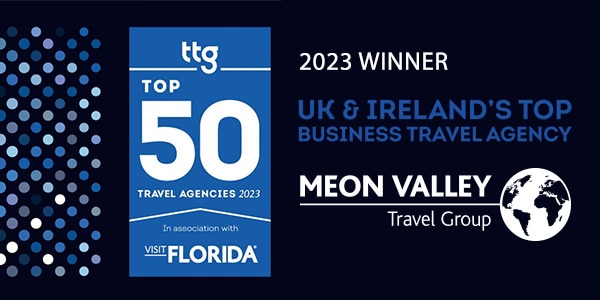Travel industry disruptors and corporate travel policy are not traditionally a match made in heaven. Travel policies tend to focus on well-established brands, processes and procedures. But then, who gives a monkey’s about travel policy? It costs the company money when it doesn’t move with the industry.
We’re starting to see major global corporates with travel spend of between £30-50m admit that 25% of total spend on accommodation and transfers is out of policy. Airbnb, Uber and any number of other online companies that are unlicensed and unregulated can beat travel policy on two core foundations – cheap and convenient. Why would anyone apply corporate policy and spend 4 times as much money on a transfer and hotel room rather than use travel industry disruptors such as Uber and Airbnb? And in all honesty, who’s going to get fired for saving money?
Larger corporates are now turning a blind eye to the utilisation of these companies in the full knowledge that there is a degree of fraud, no redress in the event of failure and no one to complain to. But the reality is that failures are so infrequent that as long as the traveller acknowledges the risk, the corporate turns a blind eye and happily benefits from a reduced travel spend.
So is traveller safety and security being abused by these new companies offering a cheap and convenient product or service? On the whole, no. They take it just as seriously as anyone else, but they also don’t take on the obligation of supply chain failure. If you’re not paying them to take on such obligations and enough people are booking with them, then why would they?
What about the corporate? What’s their stance on the safety and security of their employees? The reality is that the profile of the modern traveller means they preference the use of these new companies. They are easily accessible from their mobile, they are familiar with them from personal use and often, they can get higher quality for a cheaper price. All this means that they accept the risk and feel confident it won’t be an issue.
Let’s not forget that one of the original travel industry disruptors was Ryanair who cut out travel agents, dealt only direct with customers and filled their planes with £1 seats. When customers said they wanted better service, they told them to fly BA. But if they wanted a brand new aeroplane that went from A to B like a bus in the sky, and a reliable one at that, Ryanair delivered. Plus, you could buy a lot of in-flight sandwiches with the difference in ticket price. Now Ryanair is one of the largest airlines in the world and the industry has adapted so they are the norm and national flag carriers like BA have to compete with them on both price and the service offered for short haul flights.
And new travel industry disruptors are coming. Google flights and Skyscanner are advancing quickly. Uber is embracing corporate relationships and Amazon, LinkedIn and Facebook have capability beyond anything we could have imagined 10 years ago. And that’s before we even start on the Chinese ecosystems such as Alibaba, Baidu and WeChat. They are all coming, and soon.
So do you want a TMC that is fearful of these changes?
That says it won’t ever happen?
That leads from behind?
Follows everyone else?
Or do you want one that understands and embraces disruptors, helps you navigate your way to not being the dinosaur paying through the nose or looking outdated and expensive to your travellers? One that understands corporate social responsibility as an obligation that flows down from the top and needs to move with the times.
All these ‘disruptors’ will become the norm once the 22 year old bookers become the 45 year old execs of tomorrow. Don’t wait until then to take advantage of the benefits you could get now.






